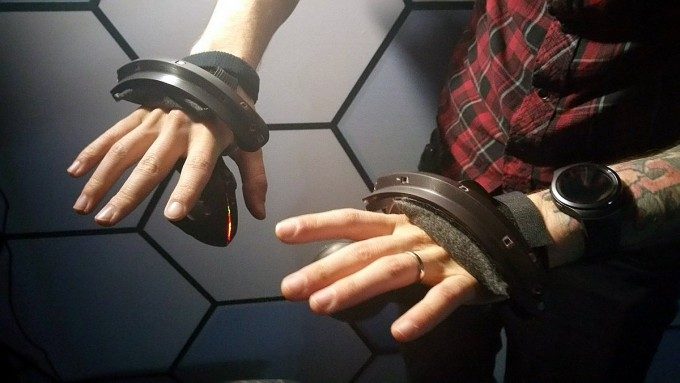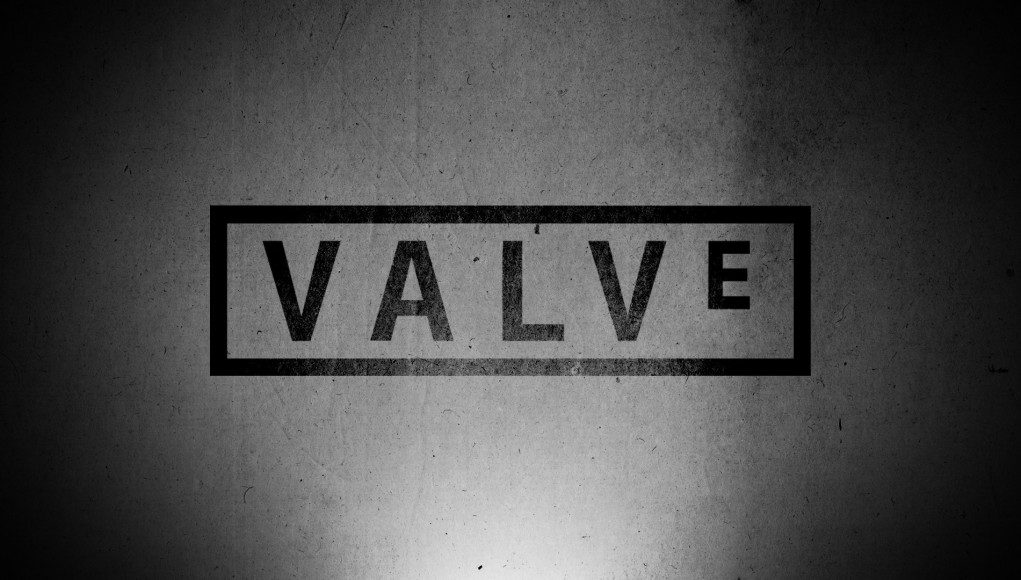Valve has confirmed that the company is in development of not one, but three “full” VR titles being built in conjunction with their ongoing VR development.
The company behind some of the greatest games ever made—Half-Life, Portal, Counter Strike, Team Fortress, to name a few—is far from done with VR. Having designed the SteamVR Tracking system, and co-created the HTC Vive, there’s now the matter of VR’s missing killer app, which the company seems poised to take a stab at.

Speaking with Eurogamer this week, Valve head Gabe Newell confirmed that development of the three VR games was ongoing in both the company’s own Source 2 engine and Unity.
Newell didn’t confirm any specifics about the games, but did say that they’re being built at the same time as Valve’s ongoing VR hardware development, reports Eurogamer.
“One of the questions you might be asking is ‘Why in the world would you be making hardware?’ What we can do now is we can be designing hardware at the same time that we’re designing software.” said Newell. “This is something that [Nintendo’s] Miyamoto has always had. He’s had the ability to think about what the input device is and design a system while he designs games. Our sense is that this will actually allow us to build much better entertainment experiences for people.”

One of the new pieces of hardware that we know Valve is working on now is a brand new pair of VR controllers that depart significantly from the first-generation which shipped with the Vive. The company showed those ‘knuckles’ controllers off for the first time at the Valve-hosted ‘Steam Dev Days’ conference in late 2016, and based on Newell’s comments, it would see that they could have a lot to do with the company’s forthcoming VR games.
Newell also said that the world of PC gaming has been relying on the same input devices for a long time now, and that the wave of VR hardware opens up new opportunities for what games can be.
“It feels like we’ve been stuck with mouse and keyboard for a really long time and that the opportunities to build much more interesting kinds of experiences for gamers were there, we just need to sort of expand what we can do. But it’s not about being in hardware, it’s about building better games. It’s about taking bigger leaps forward with the kinds of games that we can do,” Newell told Eurogamer.
In addition to the news of Valve’s development progress on three made-for-VR games, Newell shared part of what he believes is the roadmap for future VR headsets, which he says will see significant advancements in display technology in the next few years.
“We’re actually going to go from this weird position where VR right now is kind of low-res, to being in a place where VR is actually higher res than just about anything else, with much higher refresh rates than you’re going to see on either desktops or phones,” Newell told Eurogamer. “You’ll actually see the VR industry sort of leapfrogging pretty much any other display technology in terms of those characteristics. It’s probably not obvious from the first generation of products, but you’ll start to see that happening like in 2018-2019.”
Given Newell’s forward-looking comments, and those about co-developing the game alongside the hardware, it isn’t entirely clear if Valve intends to ship its VR games on first-generation hardware like the HTC Vive.
Regardless of when those games hit—if Valve’s stellar pedigree is anything to go by—there’s a lot to look forward to. The company has created a number of genre-defining titles, and has already demonstrated impressive prowess in VR game design with their work on The Lab, a free collection of VR mini games which still stands among the most polished and fun titles available for VR.







